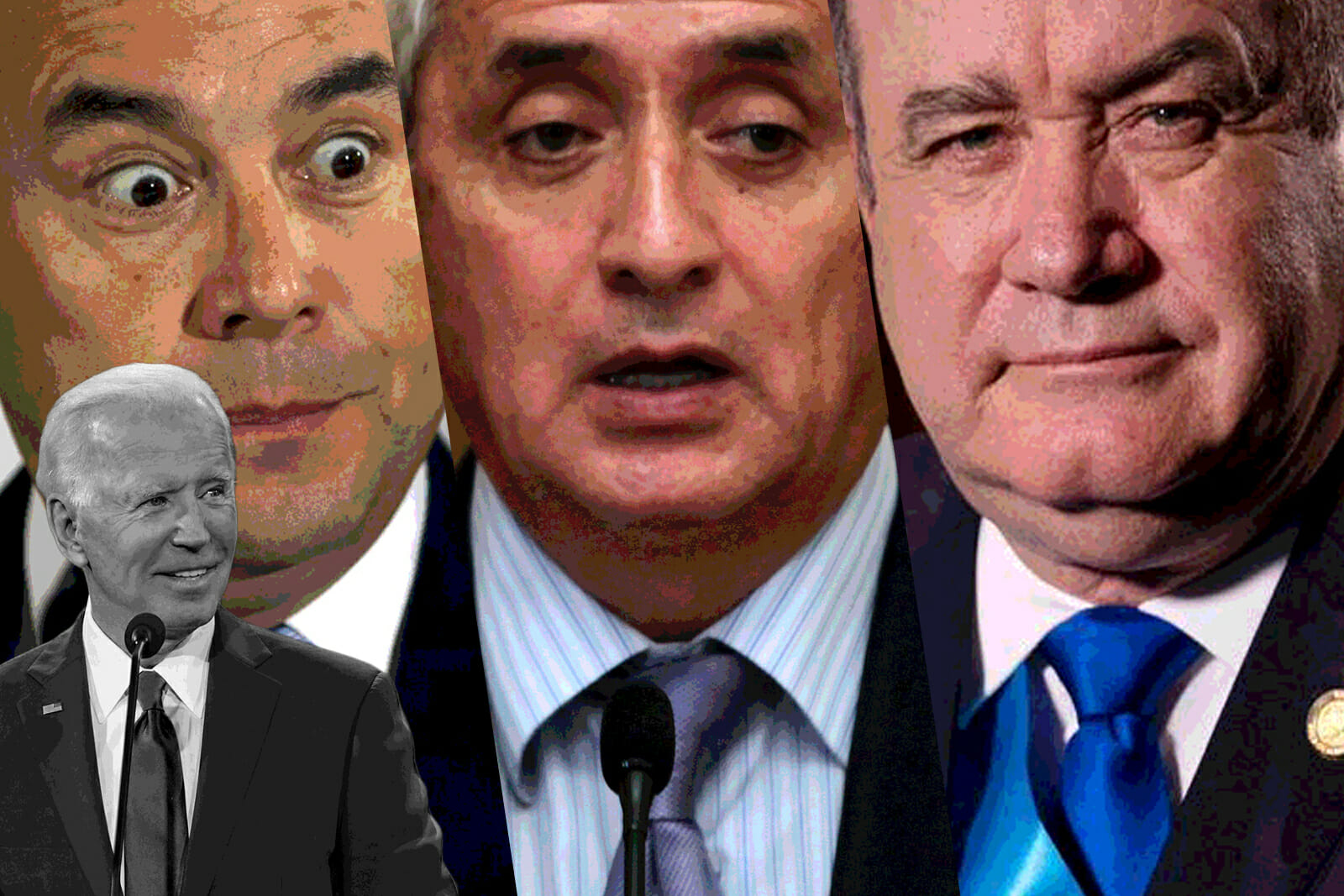
A New Case for the Old CICIG
In early 2015, U.S. Vice President Biden journeyed to Guatemala to convince its president, Otto Pérez Molina, to renew the mandate of the International Commission Against Impunity in Guatemala (CICIG). He succeeded. But Pérez Molina resigned six months later amidst a scandal uncovered by that same commission. His successor, Jimmy Morales, took heed. With his campaign finances under investigation, Morales allowed the commission’s mandate to expire. CICIG shut down in 2019.
Most crimes in Guatemala are still committed with impunity. President Biden now wants to create a region-wide commission to address the problem, to also include Honduras and El Salvador. But if he wants to preserve his relationship “reset” with regional leaders, President Biden should take a more patient approach. Reinstituting CICIG in Guatemala is actually the most viable path.
During its time, CICIG saw good success in combating corruption. Its international leadership kept it independent of local criminal networks and political interests. Yet it could only investigate, not prosecute. That power remained with Guatemala. Recreating this structure at a regional level is an admirable approach, but it is not feasible.
At least, not yet. Such a commission would jeopardize President Biden’s reset with the region’s current leaders. The president of Honduras is under investigation in the U.S. for taking bribes from narcotraffickers. Salvadoran President Nayib Bukele faces backlash after allegedly seeking a truce and political support from gang leaders. Each has only allowed weakened anti-graft institutions during their tenure; Honduras has since shut down its own. Neither executive wants a stronger, international version of CICIG. An American campaign for one now would appear hegemonic and likely fail. CICIG, though, is a workable option.
Locally, it would be an easier sell. A commission faces political opposition in Guatemala—including from President Giammattei—but to a lesser degree than from its neighbors. To its opponents, CICIG should be sold as part of a migration policy package (the U.S. can remove the Trump administration’s demanding screening requirements). Plus, CICIG enjoyed high popularity among the Guatemalan people, as well as United Nations support. It will not leave everyone happy, but this path is the most conducive to President Biden’s reset.
CICIG has also a demonstrated track record of efficiently, and independently, tackling impunity. It proved able and willing to pursue corruption at the highest levels, including presidents from multiple parties. This apolitical nature of its work is key to restoring political accountability. Longer renewal periods can protect it from political meddling still further.
CICIG also offers a low-cost approach to mitigating the root causes of migration. It was a United Nations program and should again receive its funding from that source. The United States paid less than half of its annual $15 million budget. Even a budget of $20 million per year would still cost the U.S. only about $9 million annually while allowing CICIG to operate with even more independence.
Critics supporting a regional commission note that the corruption and trafficking networks are transnational in nature. A country-specific option does not address its full scope. This is true. But, as mentioned, a regional commission is not now possible. The U.S. can better maintain relations by locking in local commissions as they become politically viable. This leaves the commissions an option to merge once they are up and running, or at least create a cooperative panel between them.
The choice doesn’t have to be between a Pérez Molina and a Jimmy Morales. CICIG can still be an efficient mechanism for improving governance in Guatemala. Rebuilding it does not forgo the Biden administration’s vision of a regional fight against corruption. Rather, it acts as a stepping stone. The U.S. wants to reengage with Latin America in a more cooperative way: CICIG offers it that path.
